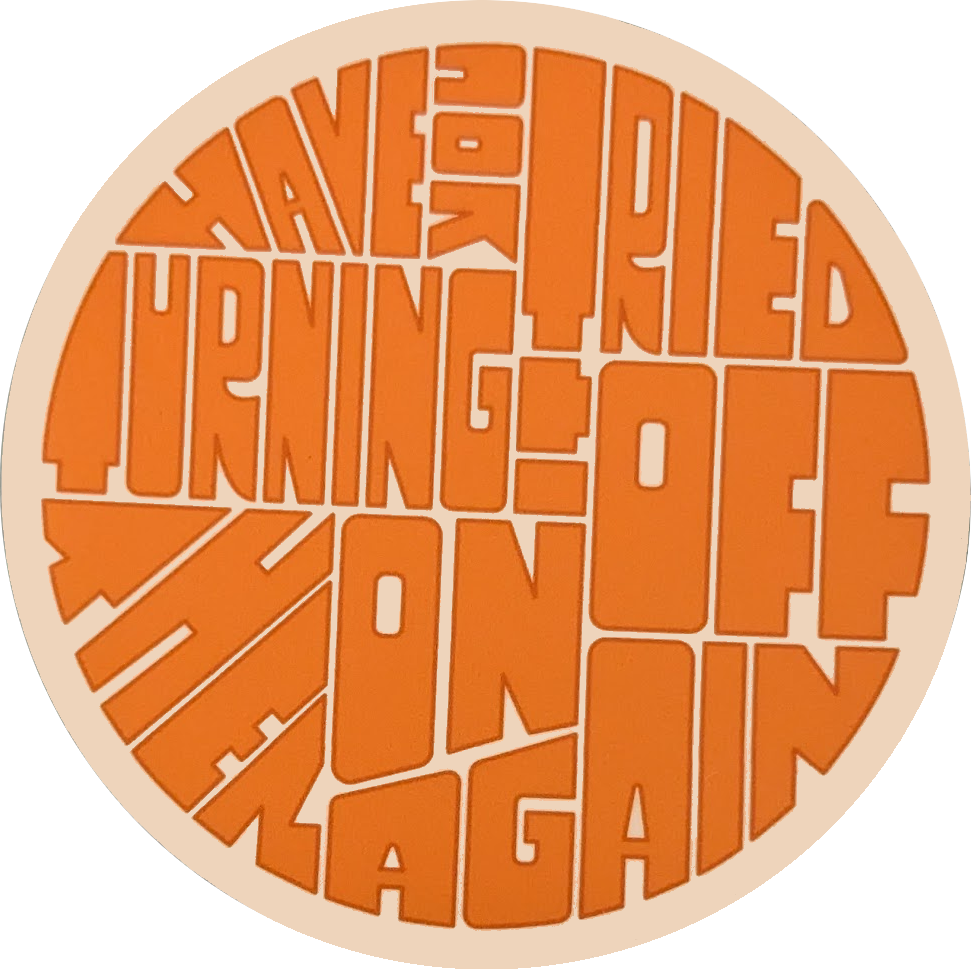

Unfortunately they are already in the market and making a mess: https://www.theregister.com/2024/07/21/crowdstrike_linux_crashes_restoration_tools/


Unfortunately they are already in the market and making a mess: https://www.theregister.com/2024/07/21/crowdstrike_linux_crashes_restoration_tools/


I hate to say it but company data is most definitely on personal computers.
This is why stuff like adaptive MFA and DLP are a thing. What most people don’t know is if DLP is properly implemented the IT team/department have records of who, when, where, and what device were used to not just access/download data/files.
The problem is a lot of companies don’t properly implement DLP because it’s not a turn key solution. You need to properly classify your data first and that requires essentially a company wide audit with buy-in from all levels of management. After the classifications you can then implement restrictions and compensating controls.
Back in the day you could just block USB/network transfer, but if you have data accessible outside of a corporate network you then need to implement conditional access/adaptive MFA where only registered devices are permitted to access certain systems.


That 6% attributed to “unknown” is the one true OS, the only one ordained by the Almighty… Temple OS!


There is an option in the UEFI settings to swap the Fn and Ctrl keys.


I love that Microsoft has Microsoft developed applications on its update/upgrade block list.
It’s a good reminder that companies arent as cohesive as most people think especially when they are as large as Microsoft.
Ubuntu, specifically the netbook edition.
That little guy struggled with Windows 7 Starter, but it got some pep in it’s step when Linux was installed!


Unfortunately its not a third party module but manufacturer built-in features.
Modern cars are internet-enabled, allowing access to services like navigation, roadside assistance and car apps that drivers can connect to their vehicles to locate them or unlock them remotely. In recent years, automakers, including G.M., Honda, Kia and Hyundai, have started offering optional features in their connected-car apps that rate people’s driving. Some drivers may not realize that, if they turn on these features, the car companies then give information about how they drive to data brokers like LexisNexis.


I run Tilix with split terminals and always have one with htop running. It is so satisfying finding a troublesome process and killing it in htop.
Looking at you hanged ssh sessions…


Their reputation took a hit after a server breach in 2018.
https://www.theverge.com/2019/10/21/20925065/nordvpn-server-breach-vpn-traffic-exposed-encryption


Handbrake will rip DVDs, but not Blu Rays. That’s were good ol’ MakeMKV comes in.
I rip with MakeMKV (which will do DVDs as well) and then convert/encode the MKVs with Handbrake.
I do the conversion/encoding because the ripped files can be 35-50 GBs for regular Blu Rays (UHD Blu Rays are even bigger!) and I can get them down to 3-8 GBs with minimal quality loss.
I then toss the smaller MKVs on my jellyfin server.
EDIT: Handbrake CAN rip Blu Rays but only if they arent copy protected. MakeMKV is able to rip protected Blu Rays and DVDs.


This means I no longer have to use my workaround command that loads a new terminal window with admin privileges!
Now, I might not completely loathe using Windows at work.


One good thing that came from this post is I learned about Jshelter and have decided to give it a go.


deleted by creator


Let’s give some credit and praise to Codeweavers, the main contributors to WINE, who Valve worked with on Proton.
https://www.codeweavers.com/blog/aeikum/2019/8/20/a-year-since-protons-launch
If you keep Bitlocker enabled on that partition you will have to enter the recovery key everytime you boot into your Linux partition. Since you don’t have that key backed up you’ll need to turn it off and then re-enable it if you wish to continue to use Bitlocker.
If you manually enable bitlocker you will be prompted to back up the key with a few different options: to a file (but if I recall you’ll need to save the file to a drive that isn’t be encrypted by Bitlocker) or to a Microsoft account.
To answer your question regarding best practice, Full Disk Encryption is best practice. Now to achieve that in Windows you use Bitlocker, Linux there is Luks, and macOS has filevault.
If your machine isn’t going anywhere outside your home then it’s not as big of a deal if the drive isn’t encrypted.
Regarding your situation FDE is going to be a bit of a pain whether you use Bitlocker or Luks. I suggest using db2’s suggestion and run a VM creating a shared folder between host and guest. Then you can encrypt the entire drive using the best encryption tool for the host OS (which I suggest be Linux).
Edit: Replaced the ‘b’ with a space between “db2’s” and “suggestion”
If you don’t need/want Bitlocker simply boot into Windows go into the bitlocker settings and turn off bitlocker (dont use suspend as bitlocker will be re-enabled the next time you boot into Windows). You will need to wait for Bitlocker to decrypt before shutting down - there will be a small status window that appears showing the progress and it shouldn’t take too long.
I use DBeaver at work when I am having problems with psql commands in terminal. It’s prevented me from pulling out my hair a few times.